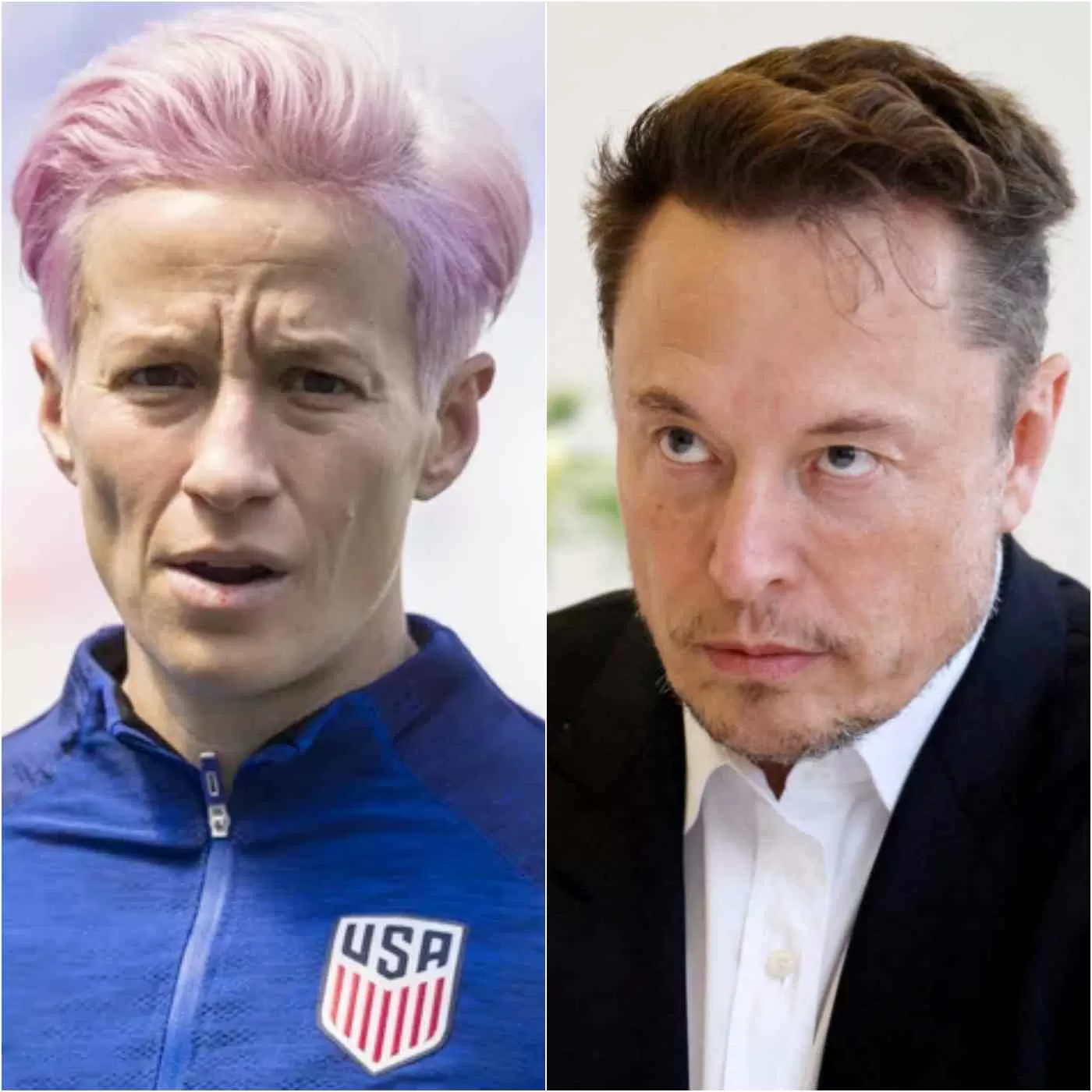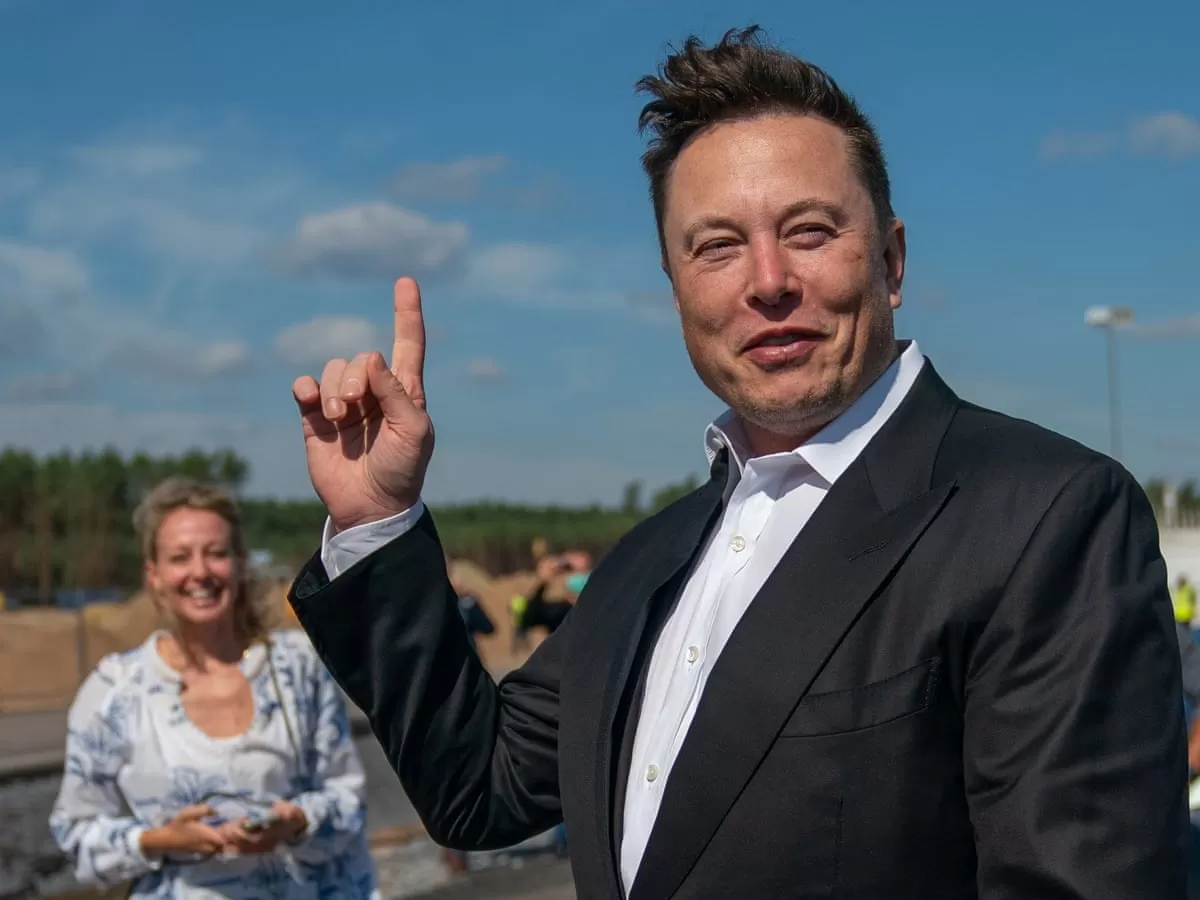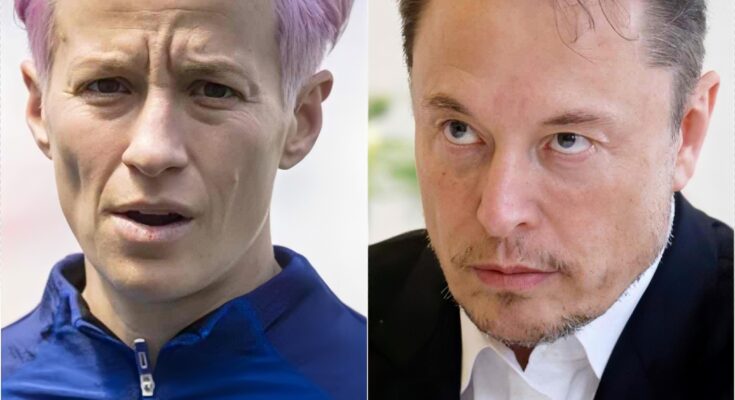Megan Rapinoe, the renowned U.S. women’s soccer player, recently made headlines after losing a $97 million endorsement deal with a prominent brand following a heated controversy involving tech mogul Elon Musk. This dramatic turn of events has sparked widespread debate across various social and political platforms.

The controversy began with a public exchange between Rapinoe and Musk, rooted in a dispute over free speech and corporate ethics. As a vocal advocate for social justice and equality, Rapinoe has frequently used her platform to challenge societal norms and push for progressive changes. Meanwhile, Musk, known for his controversial opinions and unfiltered commentary on social media, has often been criticized for his polarizing views. The clash between these two high-profile figures quickly captured public attention, igniting a firestorm of opinions from supporters and detractors alike.

Rapinoe’s statement, “I will leave the United States if Elon is not penalized,” added fuel to the already intense debate. Her bold declaration resonated with many who share her concerns about Musk’s influence and the broader implications of unchecked power in the tech industry. However, it also drew criticism from those who viewed her comments as extreme or overly dramatic. The statement not only divided public opinion but also had a tangible impact on her professional life.

The loss of a lucrative endorsement deal marked a significant setback for Rapinoe. The brand, which had previously celebrated her achievements and values, reportedly terminated the partnership due to concerns about the potential backlash from the controversy. This decision highlights the precarious balance that companies must navigate when aligning themselves with outspoken public figures. While supporting social causes can enhance a brand’s image, it also carries the risk of alienating segments of the market during polarizing events.
Megan Rapinoe’s situation underscores the challenges faced by athletes and celebrities who leverage their platforms for activism. In an era where social media amplifies every statement and action, public figures are often scrutinized for their beliefs and behavior. Rapinoe’s advocacy has earned her a devoted following, but it has also made her a target for criticism. The fallout from her clash with Musk serves as a reminder of the complex interplay between activism, personal values, and professional obligations.
Elon Musk’s role in the controversy cannot be overlooked. As the CEO of multiple influential companies, including Tesla and SpaceX, Musk wields significant power in the business world. His controversial tweets and unorthodox leadership style have frequently drawn both admiration and criticism. In this instance, Musk’s comments about free speech and corporate accountability sparked a broader conversation about the responsibilities of public figures in shaping public discourse. For his supporters, Musk’s willingness to challenge conventional norms is a testament to his ingenuity and vision. However, critics argue that his actions often cross ethical boundaries, creating unnecessary conflict and distraction.
The broader implications of this controversy extend beyond the individual figures involved. It raises important questions about the role of activism in professional sports, the influence of tech giants in shaping societal values, and the responsibilities of corporations in managing their partnerships. These issues are particularly relevant in a time when consumers increasingly demand that companies take a stand on social and political matters. Brands must carefully consider how their associations with public figures align with their values and resonate with their target audience.



